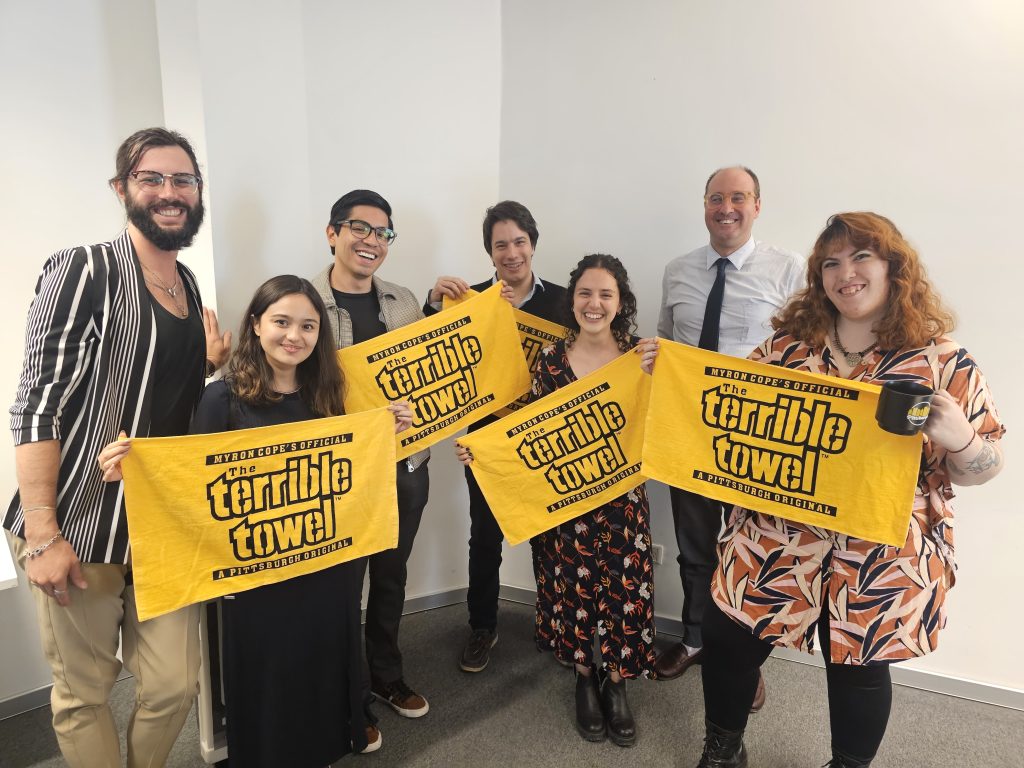A recap of the first What Works Cities Certification City Exchange
“Worst case scenario, nothing happens.”
That was Civic Innovation Specialist Trever Stoll’s approach to applying for the Bloomberg Philanthropies What Works Cities’s inaugural in-person City Exchange last year. What Works Cities has created an online community of city data leaders, but facilitating on-the-ground learning between cities is a new offering which meant the first participants welcomed the unexpected.
In the online WWC Community hundreds of city staff give and take essential lessons, spread new ideas and best data practices, and support each other in the ups and downs of adopting a data culture. While we are proud of this robust and growing virtual community, we recognize the value of in-person knowledge sharing. As a result, we launched our City Exchange program.
We invited cities in the WWC Community to apply for the City Exchange and share which cities they were interested in visiting. Trever Stoll from Silver-Certified Pittsburgh, PA, and Mónica Medellín from newly Certified Monterrey, Mexico, were randomly selected and both winners chose to visit Gold-Certified Buenos Aires. They invited their colleagues Chris Belasco and Rodrigo Cortez to join them in the City Exchange. The teams met via Zoom ahead of the exchange and the agenda was based on the cities’ common challenges, shared interests and unique circumstances.
In November, Mónica, Rodrigo, Trever and Chris headed to Buenos Aires for the three-day exchange. The first two days were chock full of sessions about both Buenos Aires’s big-picture data program and specific tactics. They included meetings with the planning and evaluation department, the team responsible for public green spaces, public safety officials and more. The third day was reserved for cultural activities and a chance for the visitors to see Buenos Aires’s policies in practice.
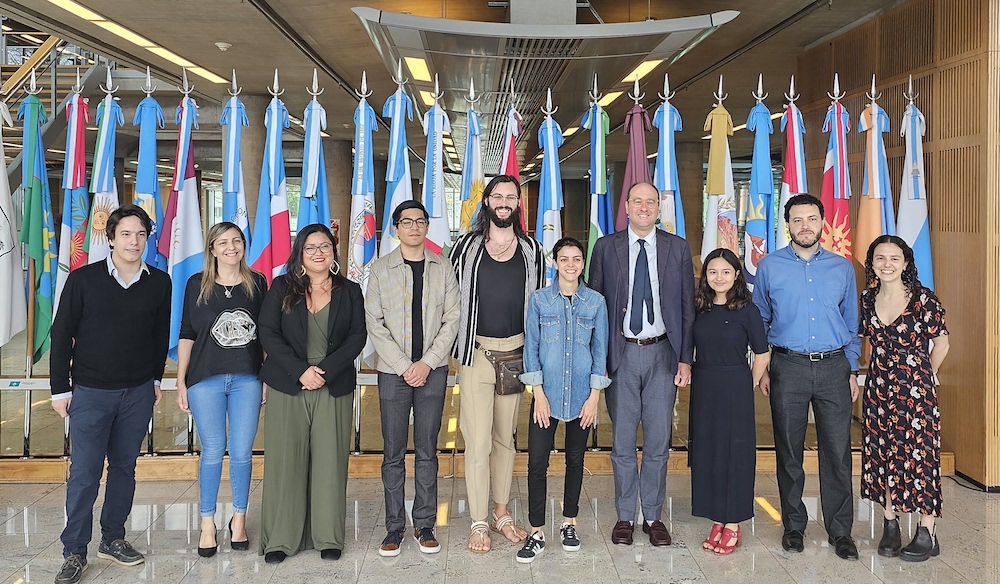
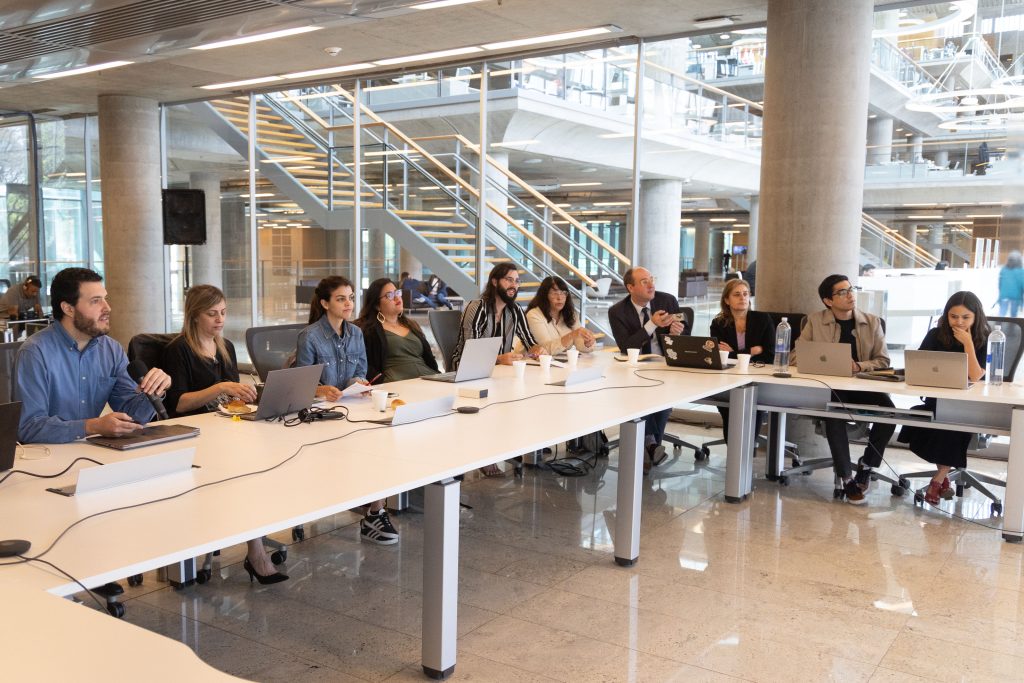
One key learning was that small steps get big results.
Creating a data culture is no easy feat, but it’s a worthwhile challenge that can be made easier by breaking it into smaller steps. Melisa Breda, former Undersecretary of Evidence-Based Public Policy, cites this method as a main driver of Buenos Aires’ data success and the Pittsburgh and Monterrey teams got a behind-the-scenes crash course in replicating this strategy. Data culture was a core obstacle for both Pittsburgh and Monterrey, and Buenos Aires is seen as a city that successfully implemented and maintained citywide data practices.
For instance, as part of Pittsburgh’s goal to be a smart city, Trever has been eager to map the City’s solar panels. However, buy-in for a microgrid has been a challenge when more seemingly urgent infrastructure needs to take priority. But instead of focusing on selling a grand microgrid vision to Pittsburgh department heads, Trever started with a smaller step and garnered buy-in by focusing on the safety risk associated with lithium batteries in solar panels. “I was able to see through Buenos Aires and the stories that they were telling that they’ve been very intentional over their time building up that knowledge base and that understanding. And it wasn’t 1+1=2. It’s 0.1 + .01 = 0.2,” says Trever.
Newly Certified Monterrey has a different context. Their Secretary of Innovation and Open Government position was created in 2022 and in some sense the team felt like they were “starting from scratch” in embedding data into day-to-day work. However, they saw What Works Cities Certification, and Buenos Aires’ leadership in the WWC Community, as a way to guide and validate their approach.
“What I really liked about the vision of Buenos Aires is that they had small success stories that helped to push this digital transformation,” said Rodrigo. Like Trever, he admired how Buenos Aires started with small projects that had a big impact on individual department heads. Those wins led to department heads adopting new data practices. “It seems to be much simpler and sustainable over time than trying to cover everything and suddenly not covering anything.”
Having closer goalposts and more milestones keeps morale up, can build buy-in faster and improve public communication.
Beyond the deep peer learning that happened in structured meetings, there were other moments of understanding – on the street, at dinner, touring the city (because how could anyone go to Buenos Aires without some sightseeing?)
“We had the opportunity to get to know the city and see firsthand just how these public policies directly affect the city,” said Rodrigo.
Trever echoed the sentiment: “Having a direct example and physically standing in the spaces that the city is operating in provides such a layer of depth and understanding that I don’t think you can replicate via Zoom, You’re just not going to get the same knowledge retention or aha moment.”
Buenos Aires’s public policy vision was very inspiring, as they considered that ‘public policies belong to the public, not to governments because they are only passing through and these policies should transcend them.’
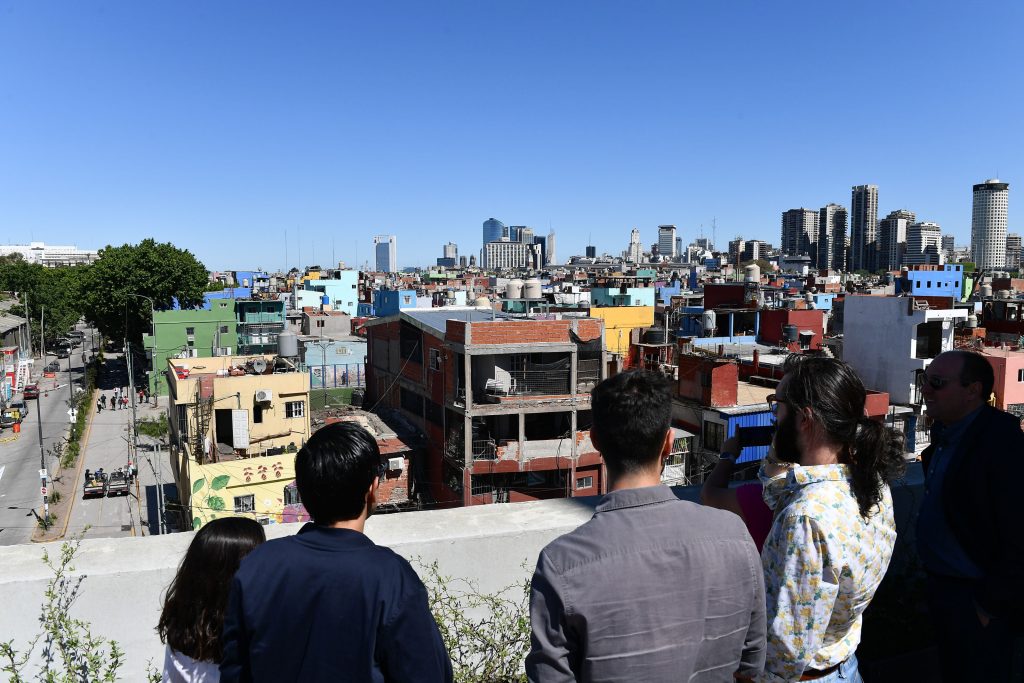
Finally, real magic happens in spur-of-the-moment, unplanned exchanges between the right people in the right place. Call it strategic serendipity.
“Although there was a formal part of the exchange in which the government of Buenos Aires received us, we had the opportunity to talk in a more informal way with the people from Pittsburgh, because we were going to eat at the same places, because we were staying at the same hotel. And that was super, super valuable. Because it not only gave us the perspective of Buenos Aires, but of another city,” said Mónica.
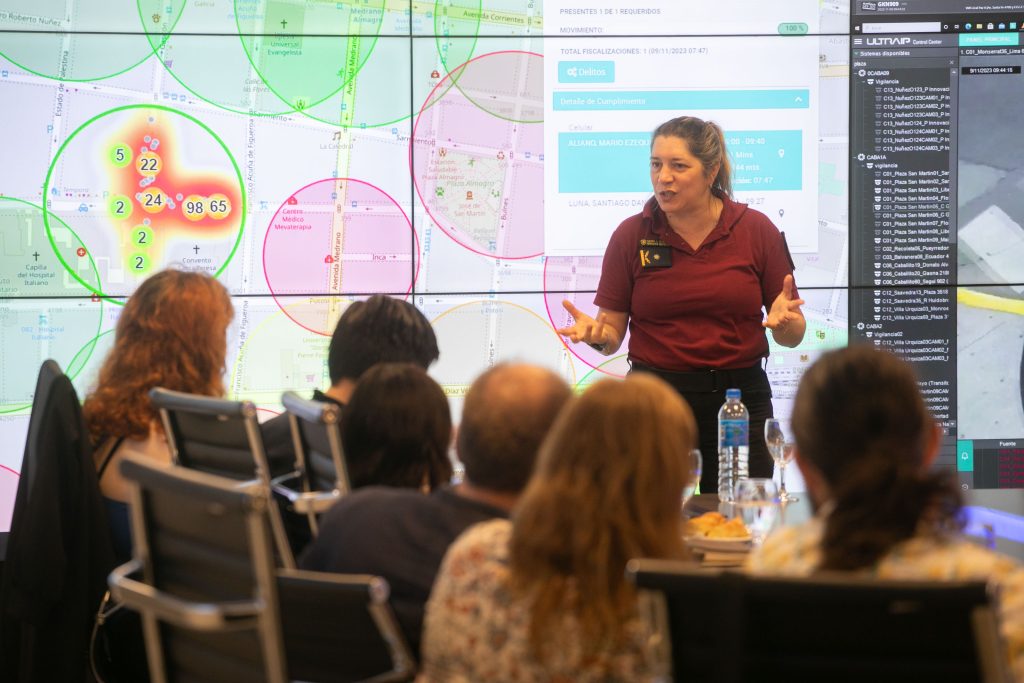
The City Exchange was a rich experience for all participants. The Buenos Aires hosts Agustina Arnaudo and Fernando Di Marco shared how much they gained from the collaboration, openness and curiosity from Monterrey and Pittsburgh. “This is an essential part of the Community. We want to build ties and to be able to contribute to the development of other cities. At the same time, we may also have certain needs that would benefit from the experiences and expertise of other cities,” said Agustina.
Above all, the City Exchange was a testament to the power of in-person connection to strengthen, energize and inspire local data leaders.
We are thrilled to offer two City Exchanges in 2024. If you would like to participate to deepen your data expertise and connect with WWC peers, we invite you to apply here by Friday, March 8, 2024.
